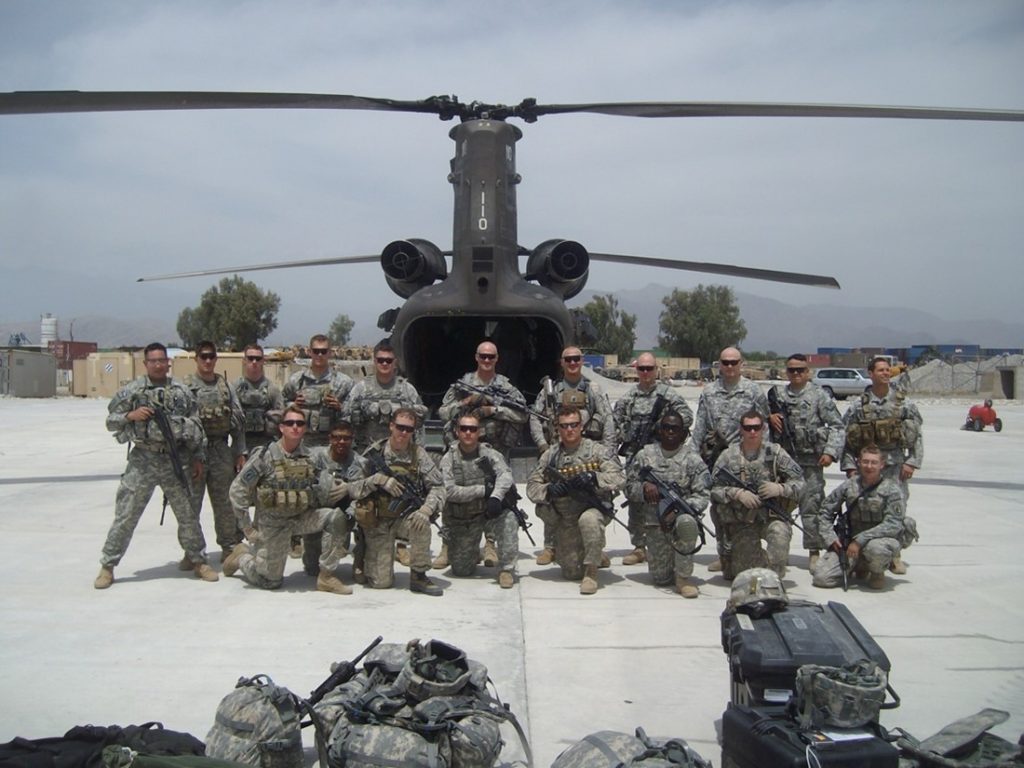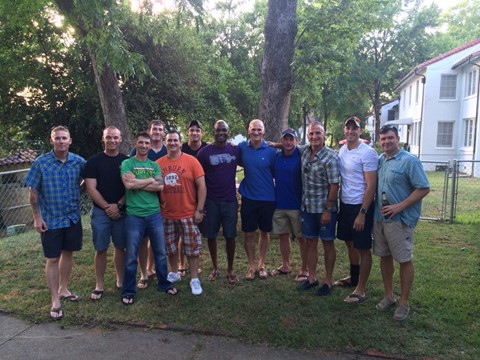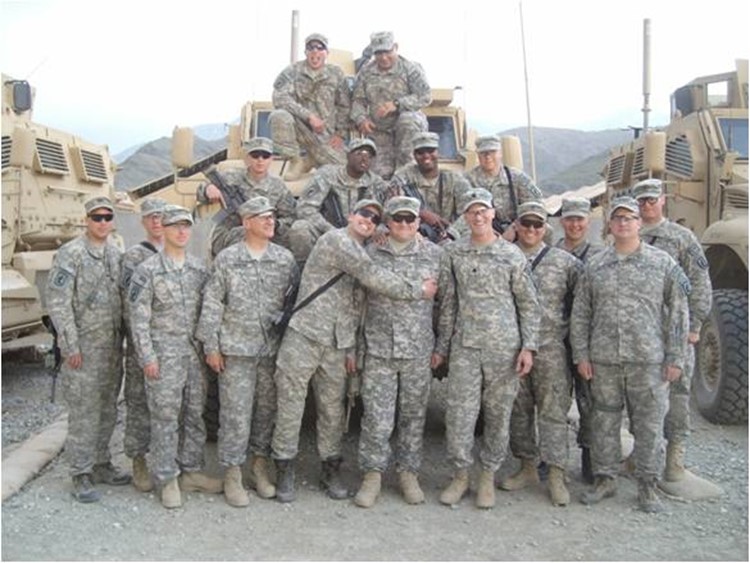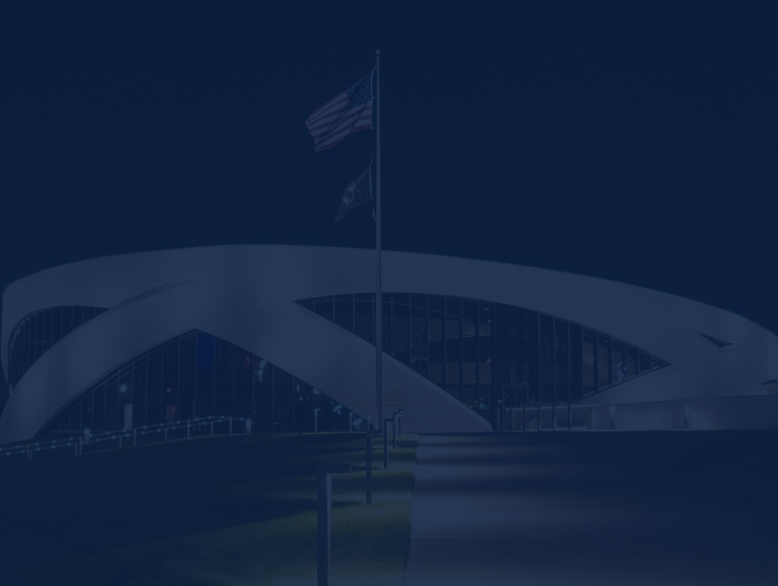by Bill Butler
“For the strength of the Pack is the Wolf, and the strength of the Wolf is the Pack.” -Rudyard Kipling, The Jungle Book
Kipling wrote the iconic Law of the Jungle to describe the importance of the group to the individual member and the importance of everyone to the group. The same thing could be said of the military and Veterans; they are pack animals. From the day a young man or woman enters basic training or boot camp all vestiges of individualism are torn off. The team, teamwork, and being a good teammate is of paramount importance. “There is no “I” in “team!” is a common refrain amongst drill sergeants.
This is for a very good reason. Individuals don’t succeed in the military; teams, crews, squads, platoons, and sections succeed. Those groups cannot and do not operate effectively and efficiently if individuals act on their own without cohesion, synchronization, or trust. Those fighting formations are deployed around the world doing our nation’s bidding, defending freedom and an idea, the U.S. Constitution.
Contrary to popular Hollywood stereotypes service members don’t fight for “mom and apple pie.” Our service men and women fight for the teammate on their left and right. Throughout our history there are countless examples of service members sacrificing themselves for the greater good of their unit. Again, the importance of the team is paramount, and Veterans recognize that.
Bob Maxwell was a conscientious objector at the start of World War II, but he still felt it was his duty to serve his country. He was drafted in the Army and served in the Italian campaign. During the bitter fighting of “bloody Anzio” his signal team was repairing communication wires that were destroyed in the fighting. During this repair effort a Wehrmacht shell landed in the middle of his team. Selflessly, he threw himself on the grenade to save his teammates. He survived and was awarded our nation’s highest award for valor, the Congressional Medal of Honor. Bob recognized the importance of the team and was willing to sacrifice himself so the team could carry on its mission.
When our men and women leave the military, they often return home but yearn to find those connections like they had in their units. That’s one of the many reasons why Veteran Service Organizations started and why so many units hold reunions. It gives the Veteran an opportunity, if only for short period of time, to re-establish those incredibly strong bonds of service.
Shared connections and camaraderie are often seen in the civilian world when Veterans meet one another. They exchange the inevitable 100 questions…What branch of service? What MOS? When? Where? Did you deploy? Do you know so and so? Even though our military consists of over a million men and women surprisingly there are only two or three degrees of separation between Veterans.
Strong bonds like those made in the military allow units to thrive in the stress and chaos of combat. Similarly, connections to one another and strong bonds will allow us to get through this unprecedented time in our history. Reach out to friends and family. Reconnect with old friends if the hectic pace of life may have gotten in the way. Help the elderly neighbors across the street or give a meal to friends next door. At our core we are all pack animals.
“Humans don’t mind hardship; in fact, they thrive on it; what they mind is not feeling necessary. Modern society has perfected the art of making people not feel necessary. It’s time for that to end.” -Sebastian Junger, Tribe
Bill Butler serves as Chief of Staff of the National Veterans Memorial and Museum. He served 27 years in the U.S. Army as a career Infantry officer in airborne and special operations units. He had three yearlong combat deployments to Iraq and Afghanistan. He was also a senior Department of the Army civilian for two years before moving to Columbus. He and his wife, Mindy, are the proud parents of two adult children who both chose careers serving others.
